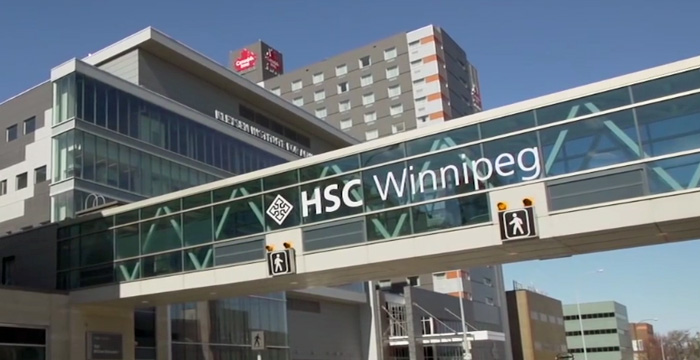The Manitoba government is taking steps to reduce waits in emergency departments in Winnipeg, Selkirk and Brandon by adding capacity and expanding patient discharges from five to seven days a week.
“By adding positions for physiotherapists, occupational therapists, social workers, health-care aides and hospital case co-ordinators, we can ensure Manitobans can return from the hospital to their home community safely, reducing weekend bottlenecks in hospital emergency departments in Winnipeg, Brandon and Selkirk,” said Health, Seniors and Long-Term Care Minister Uzoma Asagwara. “Our government’s top priority is to fix health care by reducing wait times and ensuring all Manitobans have timely access to care close to home.”
The Manitoba government is making an initial investment of $2.75 million this fiscal year to expand the number of allied health staff and hospital case co-ordinators at Winnipeg hospitals as well as Selkirk Regional Health Centre and Brandon Regional Health Centre.
The minister committed to working with health-care workers and leaders to ensure front-line providers have the resources and support they need to provide high quality care at the bed side.
Currently, hospitals only have the necessary staff to discharge patients during the week, leaving patients to spend more time in the hospital than is necessary, which has resulted in overcrowding and higher wait times in emergency rooms and urgent care centres, noted the minister, who added the expansion to seven-days-a-week discharge will improve patient flow and the work environment for staff.
The province will partner with front-line staff to hire dozens of additional care providers at hospitals across Manitoba, noted the minister. Focused and strategic recruitment efforts will begin immediately and are expected to extend into the coming year.
“Increasing the capacity of social workers, physiotherapists and other allied health workers will support the extremely important roles they play in discharge planning and patient flow, ensuring more patients have the necessary supports in place to be safely discharged in a timely manner,” said Jennifer Cumpsty, executive director of acute care services at Health Sciences Centre Winnipeg. “This investment will enhance the discharge process for these patients, improving patient flow throughout hospitals and helping to address congestion in emergency departments and urgent care centres.”
“We know that our health-care system is actually a collection of deeply connected systems,” said Asagwara. “People arrive at hospitals 24 hours a day, seven days a week and this expanded staffing helps ensure our approach to hospital discharges also reflects that reality. There is no single solution for health care, but this is an important and positive step in the right direction.”
The minister noted this investment is expected to have positive ripple effects on the wider health-care system as safe and timely patient discharges will ensure available beds and staff capacity for others who require the level of care offered in a hospital, and in turn create capacity to move patients out of emergency departments and into a hospital bed.


